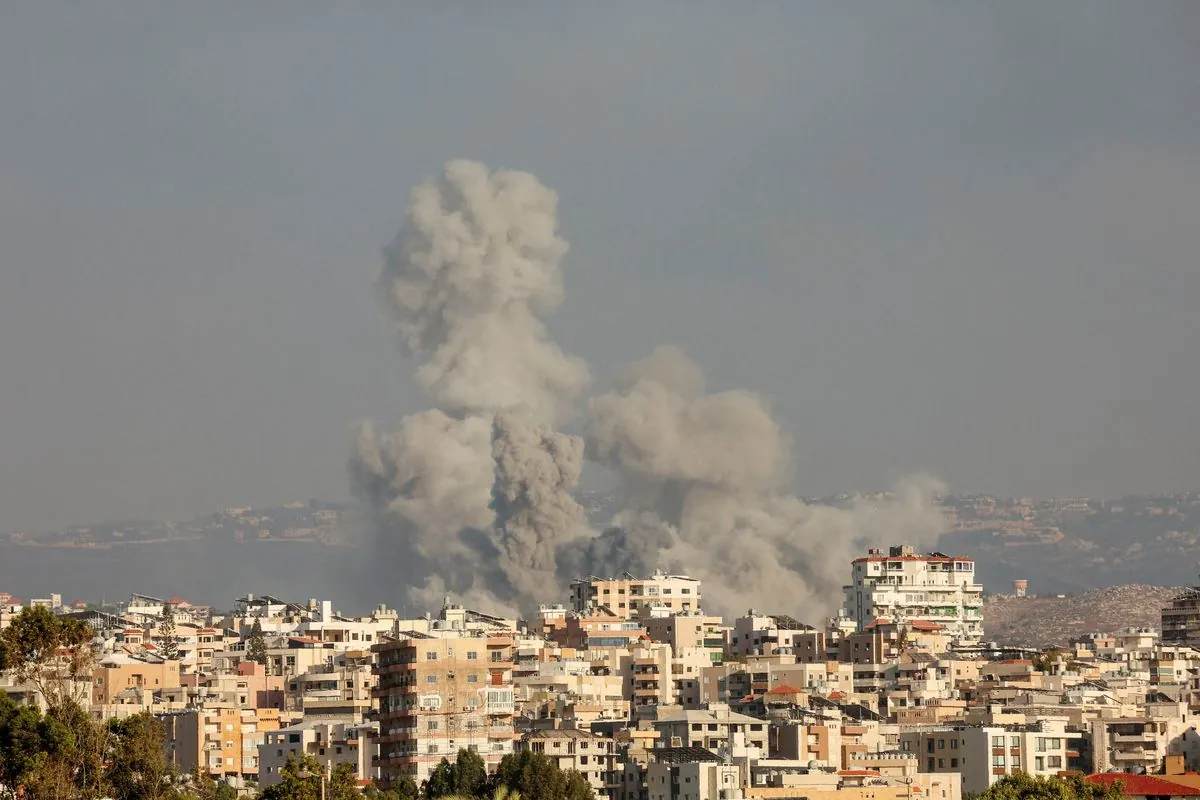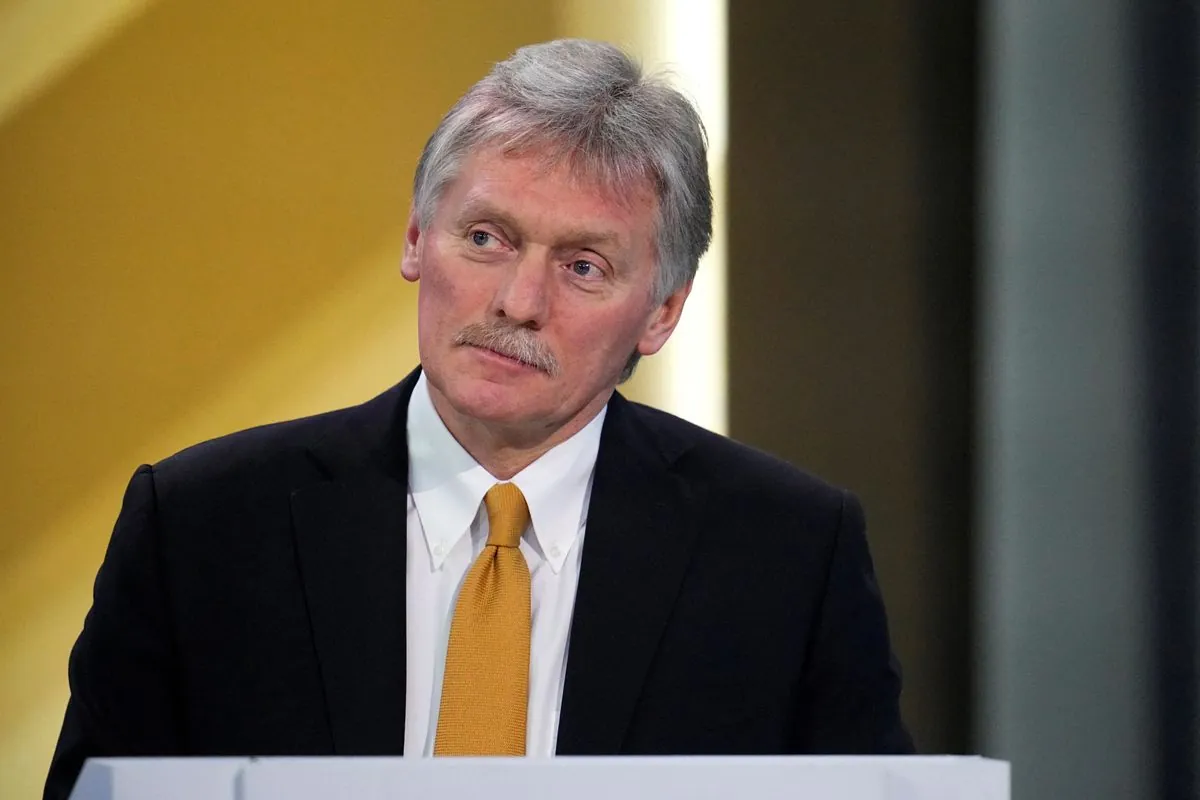Kremlin Warns of Middle East Destabilization Amid Israel-Hezbollah Clashes
Russia expresses concern over Israeli strikes in Lebanon, warning of potential regional destabilization. Kremlin's stance reflects complex relationships with Iran and Israel amid ongoing tensions.

On September 24, 2024, the Kremlin issued a stark warning regarding the potential consequences of Israeli military actions in Lebanon. This statement came in response to recent clashes between Israel and Hezbollah, raising concerns about a possible escalation of conflict in the Middle East.
Hezbollah, a Shia Islamist political party and militant group founded in 1985, has been a significant player in Lebanese politics and regional conflicts. The organization, which receives substantial support from Iran, has been involved in multiple confrontations with Israel since its inception. The recent exchange of hostilities marks another chapter in this long-standing tension.
Dmitry Peskov, the Kremlin spokesman, addressed the situation during a press conference:
"This is an event that is potentially extremely dangerous when it comes to the expansion of the conflict, to the complete destabilisation of the region. Of course, this is of extreme concern to us."
This statement reflects Russia's complex position in the region. Since the start of its military campaign in Ukraine on February 24, 2022, Russia has strengthened its ties with Iran, Hezbollah's primary supporter. This alignment has led to strained relations with Israel, a country with which Russia has maintained diplomatic ties since 1991.

The Kremlin's warning comes against a backdrop of intensifying regional tensions. Israel's recent strikes targeted Hezbollah positions in southern Lebanon, while the Iran-backed group retaliated by attacking military facilities in northern Israel. This escalation has raised fears of a potential wider conflict, reminiscent of the 34-day war between Israel and Hezbollah in 2006.
Russia's stance on the situation is influenced by its broader Middle East policy. As a member of the Middle East Quartet, along with the UN, US, and EU, Russia has advocated for a two-state solution to the Israeli-Palestinian conflict. The Kremlin has also hosted both Israeli and Palestinian leaders for peace talks in the past, attempting to maintain a balanced approach in its regional diplomacy.
The current situation is further complicated by Russia's involvement in the Syrian Civil War since 2015, where it has supported the Assad regime. This intervention has put Russian forces in proximity to Israeli military operations, as Israel has conducted numerous airstrikes in Syria targeting Iranian and Hezbollah positions.
Hezbollah's significant presence in the Lebanese government and its vast network of social services, including schools and hospitals, adds another layer of complexity to the situation. With an estimated 45,000 fighters in its military wing, the group's actions have far-reaching implications for regional stability.
As tensions continue to simmer, the international community watches closely. The Kremlin's warning serves as a reminder of the delicate balance of power in the Middle East and the potential for localized conflicts to spiral into broader regional instability.


































